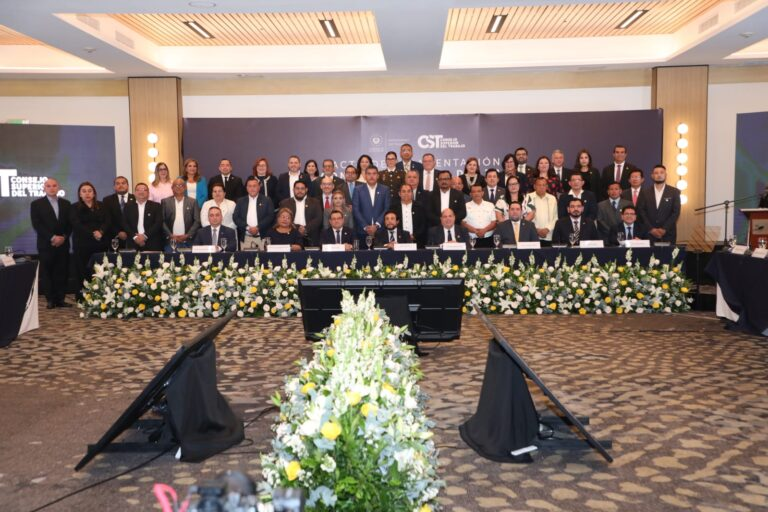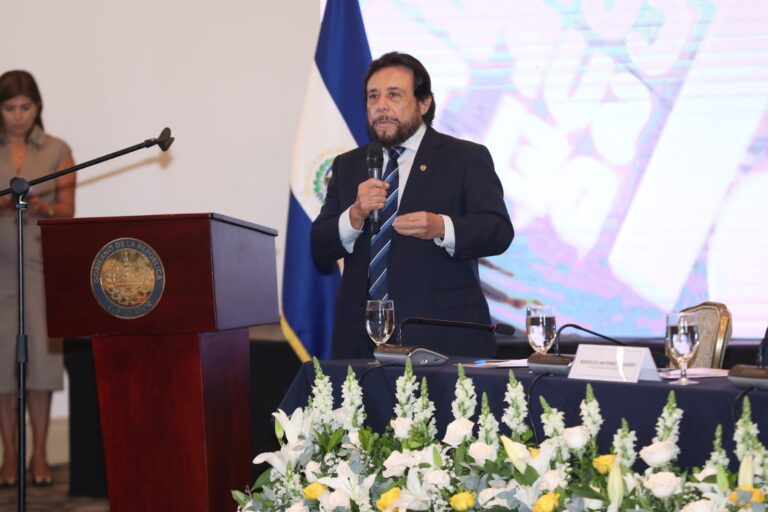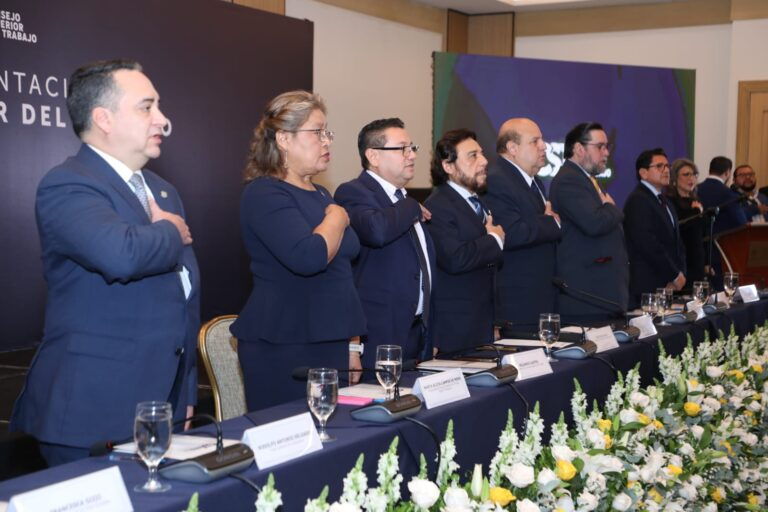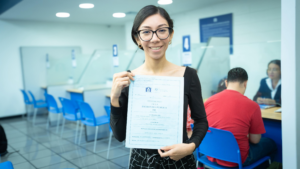In compliance with International Labor Organization (ILO) Convention 144, and as part of the Government of El Salvador’s commitment to strengthening social dialogue, the Minister of Labor and Social Security, Rolando Castro, installed and swore in the new Consejo Superior del Trabajo (CST).

This body is made up of representatives from the employer, worker, and government sectors. It is composed equally of eight representatives and eight alternates from both sectors, as established in Article 4 of its Regulations.
The Minister of Labor, Rolando Castro, emphasized that “the Higher Council of Labor becomes the most important space for social dialogue in the country, where labor policies that will directly impact the lives of workers and national productivity will be designed and strengthened”.
The election of representatives enjoyed broad democratic and representative support. The employer sector achieved 76% support, representing 95% of the country’s entire productive sector, through unions legally registered in the Registry of Nonprofit Associations and Foundations of the Ministry of the Interior and Territorial Development.

Meanwhile, the labor sector obtained 70% support from federations and confederations legally registered with the National Department of Social Organizations of the Ministry of Labor and Social Security, thus guaranteeing the authentic voice of the salvadoran working class.
Under appointment by the President of the Republic, the following representatives participate: the Minister of Labor and Social Security, who serves as president of the Council, the Minister of Economy, the Minister of Education, Science and Technology, the Vice Minister of Agriculture and Livestock, the Minister of Finance, the Minister of Housing, the Superintendent of the Financial System, and the President of the National Training and Education Institute.
The process was developed with the presence of national and international observers, including the Vicepresidencia de la República, Corte de Cuentas, Procuraduría para la Defensa de los Derechos Humanos, Procuraduria General de la República, the academy and the Diplomatic Corps accredited in the country, which ensured transparency and legitimacy throughout the procedure.

With the installation of this Council. El Salvador consolidates a transparent, representative, and legitimate social dialogue mechanism, which will contribute to the modernization of labor regulations and the strengthening of social justice in the country.






